Adam Larson / Caustic Logic
The 12/7-9/11 Treadmill and Beyond
February 16 2009
When the RMS Lusitania went down on May 7 1915 en route from New York to London, hit by a German U-boat and dragging down 1200 mostly English-speaking souls, two Naval personalities of great future importance watched from either side of the Atlantic. On one side of the pond, Winston Churchill had just set off from being the First Lord of the Admiralty and directly into the intensifying fray in a variety of war-related posts, on and off the battlefield. Across the way, A young Franklin D. Roosevelt was Assistant Secretary of the Navy, who among others urged US entry into the war following the attack.
There is some circumstantial evidence that Churchill, in his influential admiralty post, played a large role in steering the Germans towards downing the “livebait” Lusitania. British researcher Colin Simpson indicated this in a 1972 book; others were involved as well, on both sides of the Atlantic, and with the tacit approval of President Woodrow Wilson, worked to ensure what Churchill might have called a “maneuver which brings an ally into the field.” Roosevelt remained with, and helped guide, the Navy as the US prepared to enter the field and throughout the remainder of the war, re-learning again an old Roosevelt family secret – there’s nothing like a sunken boat to get a nation marching to war.
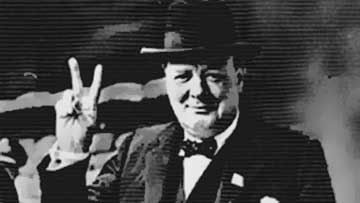
In 1939 the Britain-Germany feud again broke out in a big way and a war leader was needed in London to replace the ousted PM Chamberlain. Roosevelt was by then President of a decidedly neutral-minded and depression-racked US, prophetically urging his reluctant countrymen to rally against the new German threat. As World War II finally turned over from menace to inescapable reality in Europe, he reached out and offered his endorsement to Churchill as new Prime Minister. The sentiment was shared by Britain as a whole, and Churchill stepped in to bolster and brace the shaken British people. Now the two sat across the ocean as leaders not of Navies, but of nations bound together (at the head, if not yet the body) in opposition to Hitler’s Germany. It was at this time the two publicly formed what the FDR Library’s website describes as:
“one of the most extraordinary relationships in political history, a relationship marked by an intimate correspondence unparalleled among national leaders, a relationship which, in due course, would lead to the establishment of a military alliance unique among sovereign states.”
In particular, they bonded over their common Navy pedigree, and Churchill became known to Roosevelt by the nickname ‘Former Naval Person’ as they considered how to get the decidedly neutral ally maneuvered into the field against the Germans yet again. There were known methods to call on, but both the stakes and the resistance were higher than ever. A single ship would not likely suffice.
In late January 1940, three months before Churchill was finally elected, FDR sent his secretary Edwin Watson to fetch some documents from President Woodrow Wilson’s files. For whatever reason, Watson sent back specifically, and it seems exclusively, “the original manifest of the SS Lusitania” along with a note saying “I was afraid to [open it] until you had seen it.” This may mean nothing, but Colin Simpson found this original manifest years later not in its original place, but among FDR’s personal papers. [Simpson, Colin. The Lusitania. Little, Brown and Company, Boston. First US edition. Hardcover. 1973. pp 5, 267]
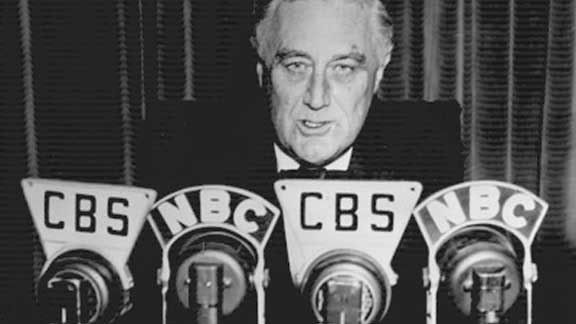


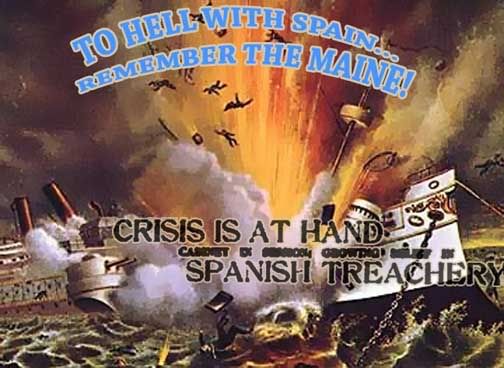
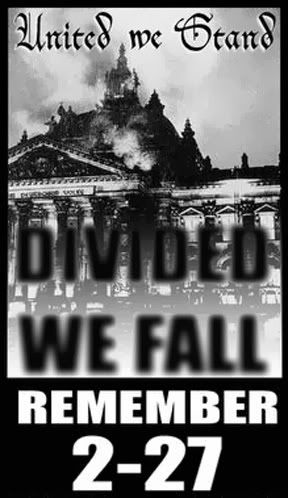


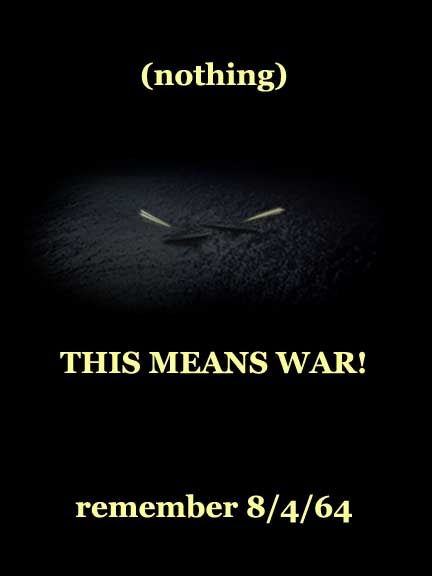






No comments:
Post a Comment